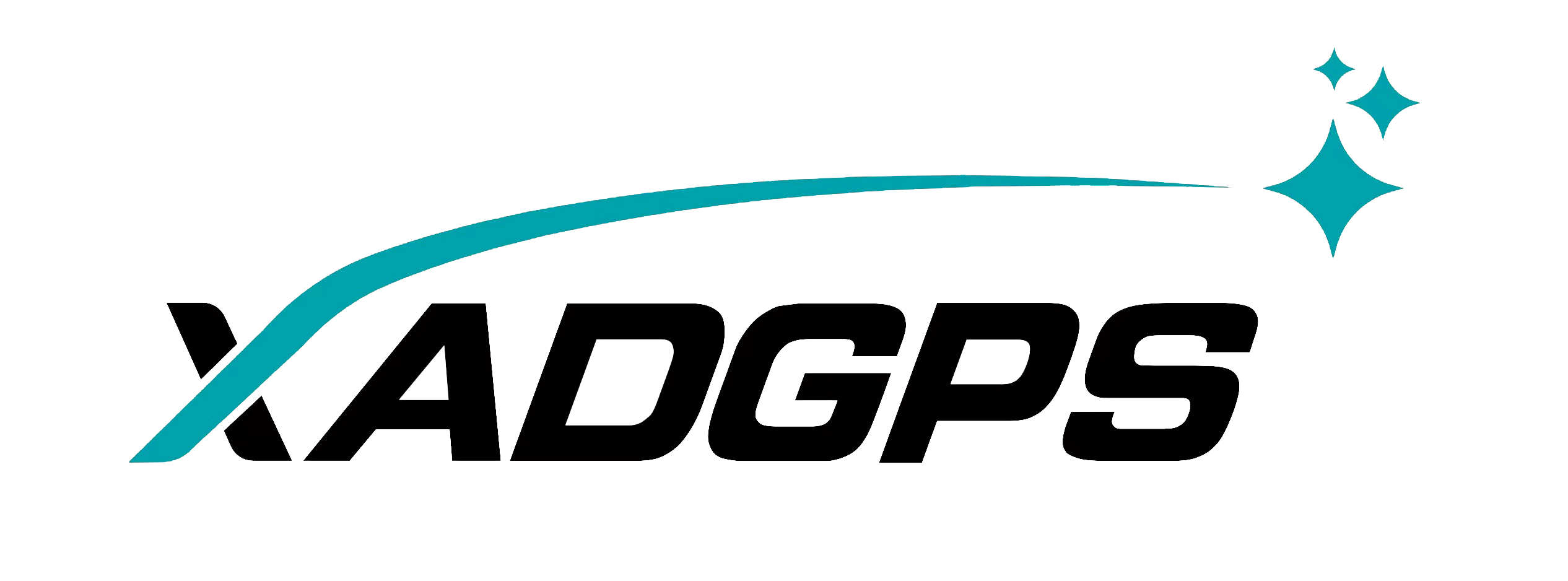Top 6 Benefits of GPS Vehicle Tracking
GPS fleet tracking, more than just mere map markers, is a proven technology.
To fully leverage GPS tracking, it’s essential to first grasp its benefits and then evaluate how they align with your business objectives.
Enhanced Safety Measures
Ensuring driver safety is undeniably paramount for your company. While having vehicles in top condition is vital, it’s equally important to keep a check on driver behavior and guarantee adherence to safe driving standards.
Most fleet tracking solutions provide digital maintenance tools, allowing you to set up maintenance reminders based on odometer readings or preset schedules.
Digital inspection and maintenance protocols let drivers and technicians report issues, leading to immediate actions.
Many GPS devices feature accelerometers, notifying both drivers and supervisors of unsafe driving habits like abrupt braking, rapid acceleration, sharp turns, and speeding.
AI-integrated dashcams provide deeper insights into distractions, following too closely, or even running red lights.
Using this information, fleets can establish reward systems, acknowledging outstanding drivers and motivating others to enhance their driving skills.
Reduce Fuel Expenditure
The Teletrac Navman Benchmark Report indicates that fuel expenses are a major outlay for transport businesses, only surpassed by payroll.
With GPS monitoring, fleet managers can discern vehicle operation patterns. Unwanted behaviors, like speeding or abrupt acceleration, can diminish fuel efficiency.
Any unauthorized usage can escalate fuel expenses. GPS systems can notify the management of such uses through time-bound restrictions and scheduling tools.
Additionally, ensuring drivers follow the shortest routes optimizes fuel consumption. Route planning and dispatch tools help in assigning tasks to the closest vehicle, ensuring fuel-efficient routes.
Curtail Operational Expenses
Real-time data access enables organizations to make well-informed decisions, subsequently lowering operational expenses.
Immediate data availability allows swift problem identification and resolution, preventing potential long-term costs.
GPS devices facilitate digital transitions, ensuring efficient data collection and storage. Centralizing processes like pre-trip inspections, task assignments, and delivery confirmations helps in focusing on primary tasks without administrative hassles.
Boost in Efficiency
Elevating productivity leads to significant time and cost savings. With GPS fleet monitoring, companies can oversee the duration spent at job locations or loading areas, ensuring optimal driver productivity. Assigning the closest vehicle for tasks eliminates wastage.
Digitizing key operations further augments productivity. Features like proof-of-delivery and customizable digital forms, inclusive of electronic signatures, simplify processes like payroll, billing, and inventory management.
Recovery From Theft
Vehicles and equipment represent significant investments for your business. Hence, theft recovery stands out as a primary advantage of GPS monitoring.
With GPS systems in place, you can constantly track your assets and establish expected usage schedules, promptly detecting any anomalies.
Receive immediate notifications if a vehicle or equipment deviates from its expected location or operational hours. In case of theft, the tracking capability aids law enforcement in asset retrieval, thereby minimizing replacement and insurance expenses.
Fleet Management
Car trackers are not only beneficial for individual car owners but also for fleet managers. Fleet management is a complex task that involves managing multiple vehicles, drivers, and routes.
Car trackers can provide fleet managers with real-time visibility into the location and performance of their vehicles, allowing for better route planning, more efficient vehicle allocation, and improved driver accountability.
Car trackers can also help fleet managers optimize fuel consumption, monitor driver behavior, and reduce vehicle wear and tear, leading to cost savings and increased productivity.






